COVID-19 update: Coronavirus found in sperm samples, Chinese doctors say
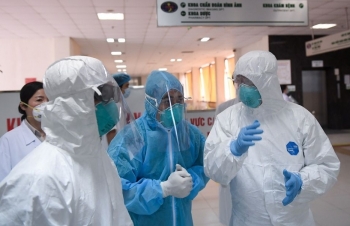 | Vietnam considers lung transplant for British Covid-19 patient The Health Ministry is considering a lung transplant for a 43-year-old British Covid-19 patient who has been critically ill for some time. |
 | Vietnamese Swedish denied of treatment died from COVID-19 Vietnamese Swedish Sang Phan died after four days fighting the Covid-19 himself at home as he was asked to self-quarantined when calling to a hospital's ... |
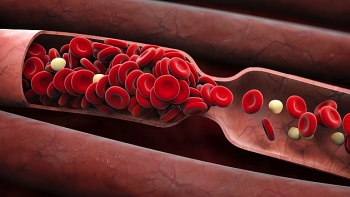 | Blood clot, new deadly complication of COVID-19 Signs of blood thickening and clotting were being detected in different organs by doctors from different specialties. This would turn out to be one of ... |
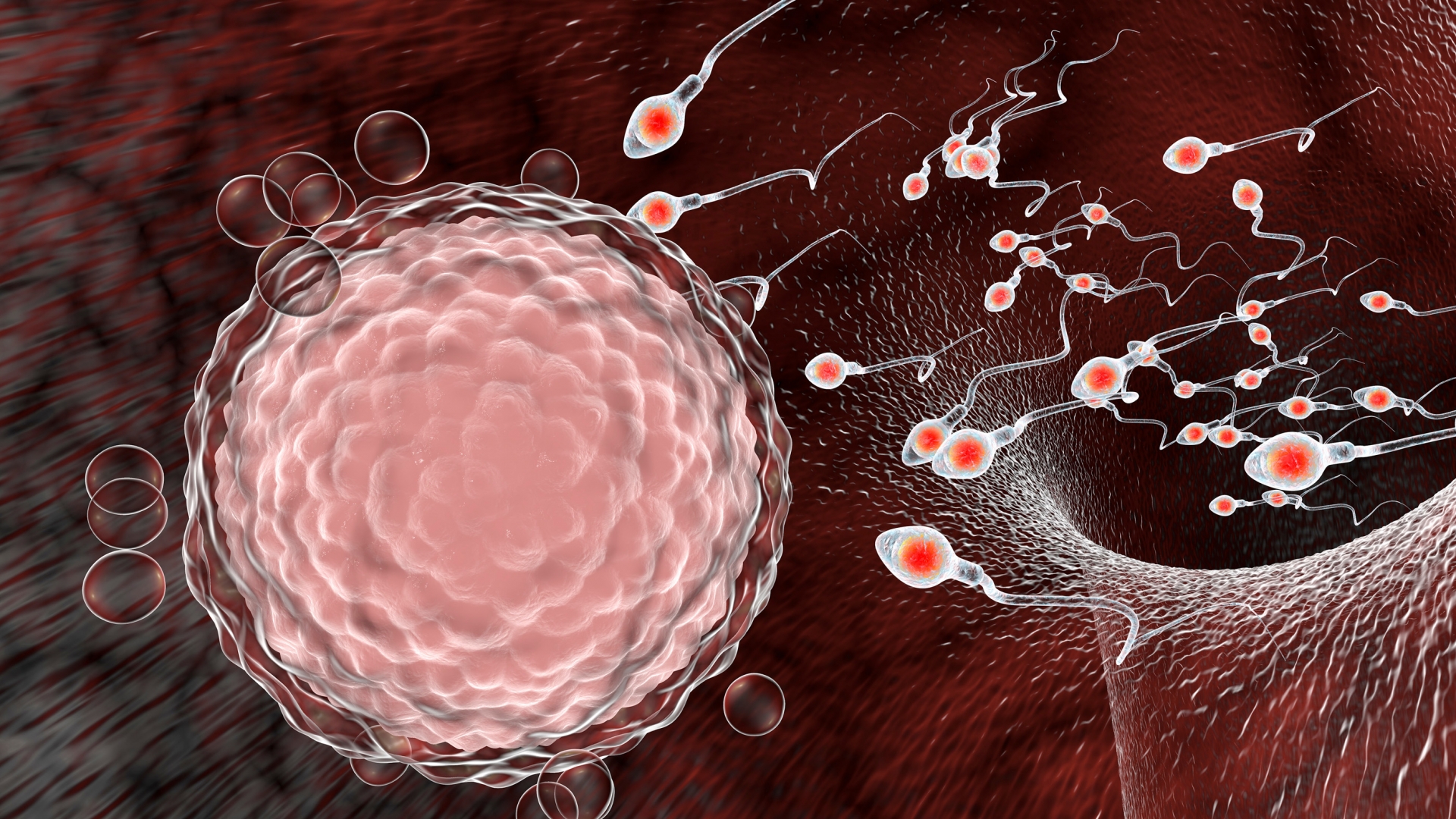 |
| (Photo: Shutterstock) |
The study, published in JAMA Network Open, involved 38 patients undergoing treatment for severe COVID-19 disease at Shangqiu Municipal Hospital in Henan province, Science Alert reported.
About 16% of them had evidence of the coronavirus in their semen, the team reported in the journal JAMA Network Open. About a quarter of them were in the acute stage of infection and nearly 9% of them were recovering, the team reported.
"We found that SARS-CoV-2 can be present in the semen of patients with COVID-19, and SARS-CoV-2 may still be detected in the semen of recovering patients," Diangeng Li of Chinese People's Liberation Army General Hospital in Beijing and colleagues wrote, CNN reported.
The researchers said that while the findings were preliminary, and based on only a small number of infected men, more research is needed to see whether sexual transmission might play a role in the Covid-19 pandemic.
“Further studies are required with respect to the detailed information about virus shedding, survival time and concentration in semen,” The Guardian quoted the team’s writing in a study published in the Journal of the American Medical Association.
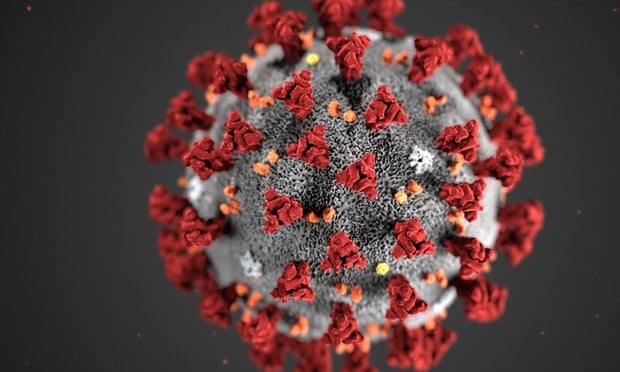 |
| Out of 38 men with the disease, six tested positive for coronavirus in their semen (Photo: Getty Images) |
No need to freak out
As reported by Science Alert, the testes, along with the eyes, placenta, foetus and central nervous system, are considered to be "immunoprivileged sites", which means they are protected from severe inflammation associated with an immune response.
This is probably an evolutionary adaptation that protects vital structures. So these are niches where viruses may be protected from the host immune response.
Immunoprivileged sites gained attention as places where viruses can persist after disease recovery during the 2013-16 West African Ebola virus outbreak.
Ebola virus remained detectable in the semen of some survivors for more than three years and Ebola virus transmission through sexual intercourse can occur months after the patient has recovered.
"If it could be proved that SARS-CoV-2 can be transmitted sexually in future studies, sexual transmission might be a critical part of the prevention of transmission," CNN quoted the team’s writing.
"Abstinence or condom use might be considered as preventive means for these patients. In addition, it is worth noting that there is a need for studies monitoring fetal development. Therefore, to avoid contact with the patient's saliva and blood may not be enough, since the survival of SARS-CoV-2 in a recovering patient's semen maintains the likelihood to infect others."
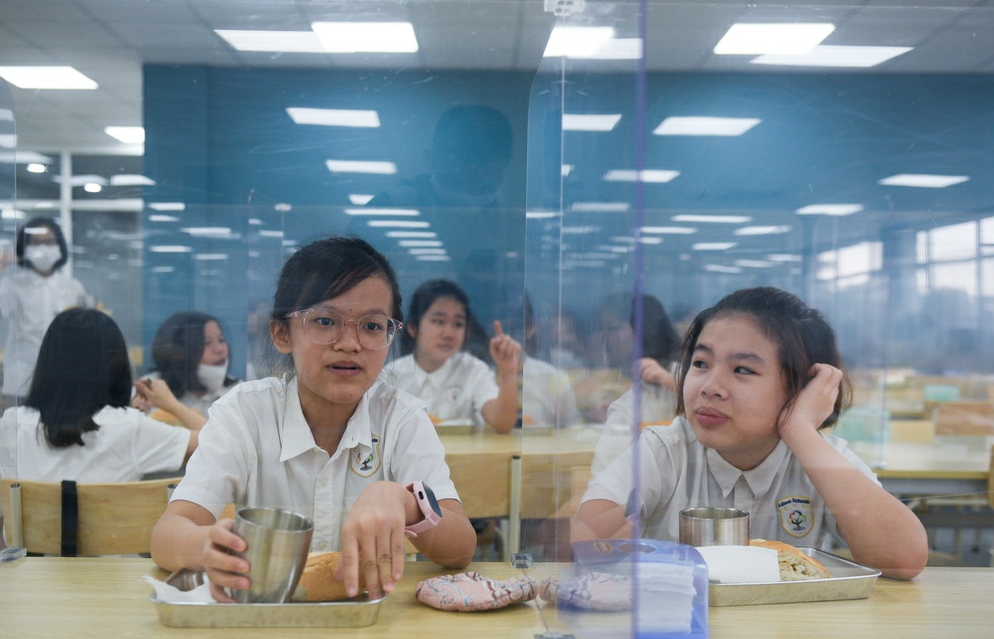 | COVID-19 combat: Vietnam schools install table partitions to curb coronavirus Several schools across Vietnam are installing table partitions to limit direct contact between students in classes, along with other essential protective measures. |
 | Bing Liu Death: Zero evidence connected to his work on coronavirus Chinese researcher Bing Liu was shot to death in a murder-suicide in Pennsylvania connected to a love triangle, police said. |
 | Coronavirus death riddle: Chinese researcher Dr Bing Liu killed in murder-suicide VIRUS DEATH RIDDLE Chinese coronavirus researcher, 37, who was "on the verge" of making 'very significant findings' related to the coronavirus in the pandemic fight has been ... |
Recommended
 World
World
Pakistan NCRC report explores emerging child rights issues
 World
World
"India has right to defend herself against terror," says German Foreign Minister, endorses Op Sindoor
 World
World
‘We stand with India’: Japan, UAE back New Delhi over its global outreach against terror
 World
World
'Action Was Entirely Justifiable': Former US NSA John Bolton Backs India's Right After Pahalgam Attack
 World
World
US, China Conclude Trade Talks with Positive Outcome
 World
World
Nifty, Sensex jumped more than 2% in opening as India-Pakistan tensions ease
 World
World
Easing of US-China Tariffs: Markets React Positively, Experts Remain Cautious
 World
World


